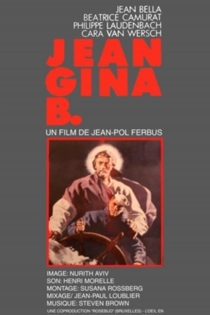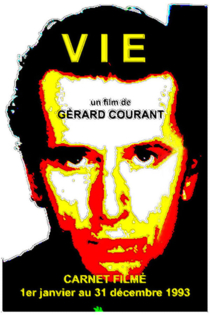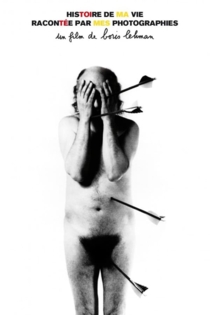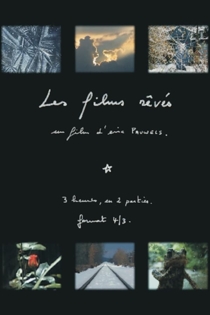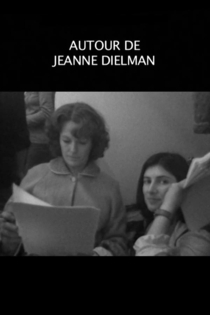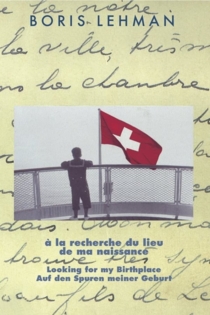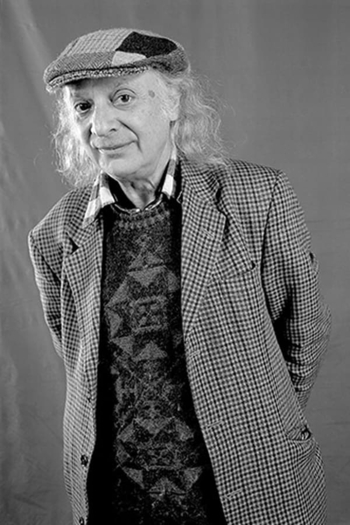
Boris Lehman
1944 (81 год)Mes entretiens filmés
Boris Lehman
François Albéra, Jean-Marie Buchet
This distinctly personal journey into the artistic possibilities of independent film is not to be missed. Jonas Mekas, Jean-Pierre Gorin, Robert Kramer and many other visionaries and mavericks of the silver screen – as well as a book seller, a critic and a psychoanalyst – discuss what cinema has meant to them, what it is and what it could be and, implicitly, how it has changed over the 18 years in which this film was shot. Director Boris Lehman leads the charge, drawing in moments of absurdist humour and inventive camera work; he keeps things raw and spontaneous. His encounters with the now much-missed Jean Rouch and Stephen Dwoskin are particularly touching and stand testament to their personal playfulness and candour. An engaging, absorbing, epic odyssey of a movie.
My Conversations on Film
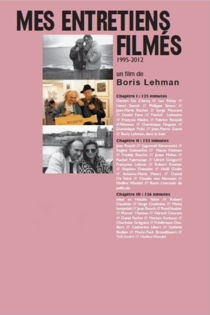
Babel - lettre à mes amis restés en Belgique
Boris Lehman
Boris Lehman
"Babel / Letter to my Friends who Stayed in Belgium" narrates the day-to-day existence of a filmmaker wandering through his city (Brussels) and who has a notion to follow in the footsteps of dramatist Antonin Artaud and visit the Tarahumara people of Mexico. This is a film about intimacy and friendship. Written in the first person, it places Boris and Brussels in the center of the universe, here represented by the crazy, vertiginous, endless spiral of the biblical Tower. It is Boris's diary and self-portrait. He plays himself on screen (as do the cast of a hundred who also allowed themselves to be "Babelized")
Babel: A Letter to My Friends Left Behind in Belgium

Portrait du peintre dans son atelier
Boris Lehman
Arié Mandelbaum, Esther Lamandier
The film is the cinematic encounter of two looks (that of the painter Arié Mandelbaum and that of the filmmaker Boris Lehman) with one voice: that of the singer Esther Lamandier (who goes by the same name as Arié: Mandelbaum means «I'amandier»).
Portrait of the painter at his workshop
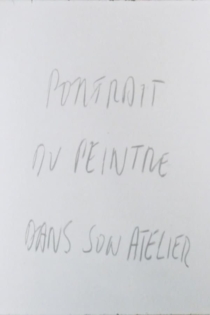
My Seven Places
Boris Lehman
Boris Lehman
Seven apartments, seven times of life: one film. A classic diary film, Boris Lehman intimately chronicles his own existence and that of objects and places that became an essential part of his life. A truly cinematic experience that gives us a highly European sense of space, time and history itself.
My Seven Places
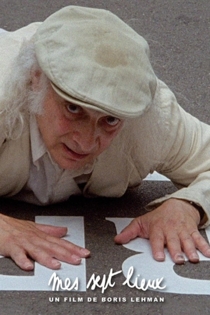
Magnum Begynasium Bruxellense
Boris Lehman
"’Magnum Begynasium Bruxellense’ is a living chronicle of the inhabitants of the Béguinage area of Brussels, so named because it is located over the site of the old béguinage. Conceived of as an encyclopaedic inventory, the film is composed of around 30 chapters interlinked like so many pieces of a jigsaw puzzle, or an anthill of numerous and overlapping galaxies. It unrolls itself in the spaces and cracks of a day, beginning at dawn and ending at night. Beginning: One day... A strange story came to me... I had just woken up from a long dream... End: I walked the length of the canal over the wet cobblestones with my eyes shut, between deep walls, under trees long ago defeated. It was winter. The sun blinded me. It did not warm me. I thought I was travelling towards death." (source: www.borislehman.be, translated at Argos)
Magnum Begynasium Bruxellense
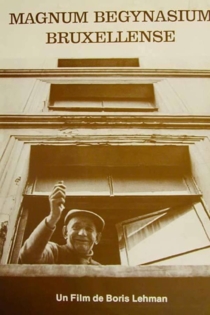
Brussels-Transit
Samy Szlingerbaum
Hélène Lapiower, Boris Lehman
Samy Szlingerbaum made his film Dakh-Brisel (Brussels-Transit) in 1980, thirty years after any Yiddish feature film had been produced. Szlingerbaum felt that the only way he could relate the story of his family’s search for refuge after World War II was in Yiddish. This Belgian-based filmmaker, deeply impacted by New York experimental cinema, gives us a masterful blend of powerful drama and stark documentary to tell the story of postwar European Jewry. Home, as it had been, no longer exists, and all that Samy’s family wants is a place in which to sink new roots.
Brussels-Transit
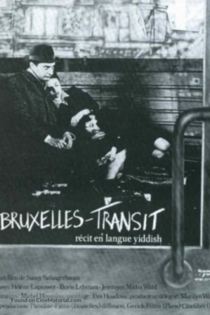
Life Lesson
Boris Lehman
Loup Abramovici, Blanche Irène Albera
To attain knowledge, man and woman had to be willing to give up their innocence," says Boris Lehman. Life Lesson is a poetic and philosophic reflection on the theme of paradise lost. Some fifty persons illustrate the planet's convulsions and the world's vacillations. Trying to communicate, to commune with the invisible, they cry out, sing out, give out messages, each in their own way, in their own state of solitude. These are like multiple echoes that resemble waves in the water or stars in the sky. " Behind these images and sounds that have been stifled by today's society, Lehman hunts for noises, cries, songs, messages that go astray. He says that if we look at the invisible we may hear the words. He invites us to look beyond the appearances of social life and to vibrate in tune with life's polyphony that is all around us."
Life Lesson
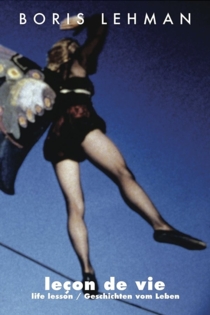
L'Homme de terre
Boris Lehman
Boris Lehman, Paulus Brun
From the construction of a sculpture "life size" in the earth, the director Boris Lehman imagines a story that staged a sculptor (Paulus Brun) struggling with an impossible order. The man of land is "golemise", takes life in the countryside, and ends up dying on an opera stage.
Earthen Man
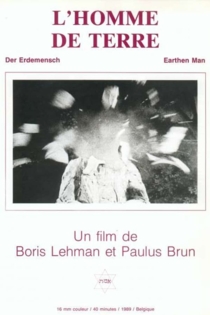
Tentatives de se décrire
Boris Lehman
Mirèse Aerdts, Nathalie André
Trying to describe oneself is a movie about representation. How it is possible, through film, to describe oneself and describe others. With the camera as mirror and third eye. At first, a collage-like combination of letter-writing, investigation and journey, something between documentary and feature film. Finally, a portrait of Boris Lehman from 1989 to 1995, part II of BABEL.
Trying to Describe Oneself
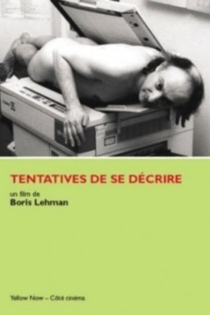
Jean-Gina B.
Pierre De Clercq, Jean-Pol Ferbus
Jean Bella, Béatrice Camurat
This film is based on the true story of Jean Bella, who served as an officer in the Belgian Marine while being convinced, from an early age, that he was in fact a woman. Director Jean-Pol Ferbus follows Jean Bella and makes him talk about his life, psychological and spiritual experiences and reveals the true poet who remained undisclosed for most of this person's life. The film ultimately isn't about transexuality but about loneliness one can experience when he/she feels very deeply that she/he belongs to the two sexes and this in a deep, almost religious, fashion, to such an extent that sexuality itself is being erased from one's life. Jean-Gina Bella is a woman in the body of a man who bravely lived a life on the sea, eventually fighting the elements, talking to God when lost on the immense solitary ocean. This testimony is a very touching and poetic one.
Jean-Gina B.
